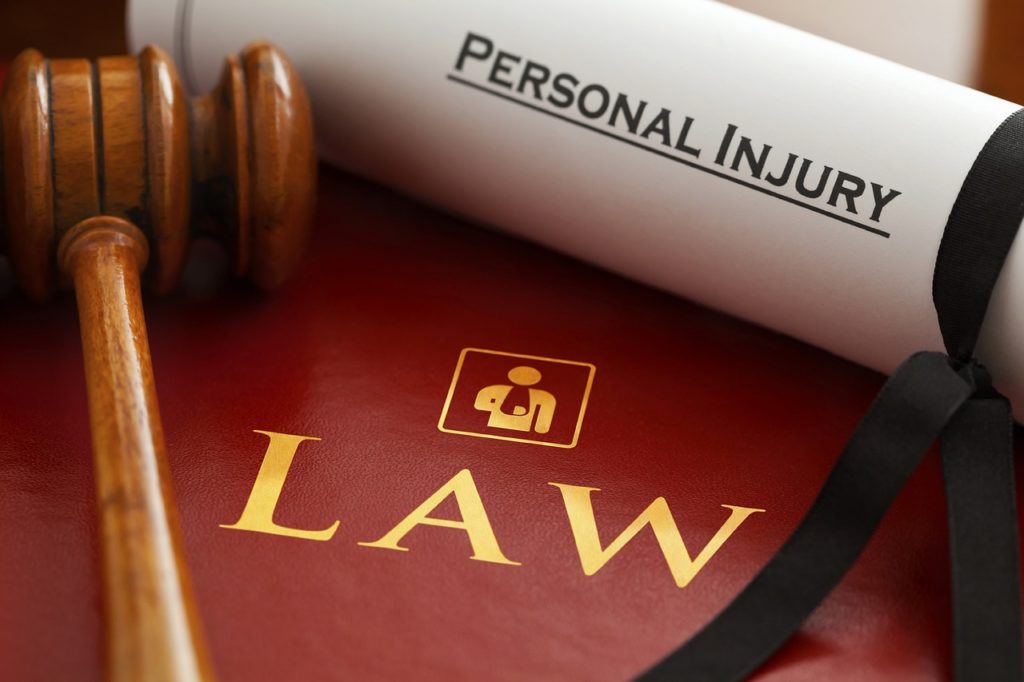Imagine this: you’re in a grocery store, and suddenly you slip on a wet floor, twisting your ankle and banging your head. No signs were around warning of the hazard. In pain and dazed, you wonder, “What now?” That’s where personal injury law comes into play. It’s not just for dramatic courtroom dramas; it’s a crucial area of law that can help you in situations like this.
What is Personal Injury Law?
Personal injury law is designed to protect you if you’re injured due to someone else’s negligence. It covers a variety of incidents, from car accidents and workplace injuries to slipping on that unmarked wet floor in the grocery store. It ensures that people who are injured through no fault of their own can seek compensation for their injuries.
The Basics of a Personal Injury Case
A personal injury case starts when someone gets hurt and believes another party is to blame. The key concepts here include:
Negligence: Did someone fail to take reasonable care, resulting in injury?
Liability: Who is legally responsible for the injury?
Damages: What costs did the injured party incur because of the injury?
How to Know if You Have a Case
Not every accident results in a valid personal injury claim. To have a case, you must prove that someone else’s negligence caused your injury. If you slipped on that grocery store floor without a warning sign, the store could be liable.
First Steps to Take After an Injury
Immediate steps are crucial:
Seek medical attention: Health comes first.
Document everything: Take photos of the hazard and your injuries.
Gather witness contact information: Did anyone see what happened?
Choosing the Right Lawyer
Finding a good personal injury lawyer can make a huge difference. Look for someone with experience in your type of injury case and check their reviews. Many lawyers offer free consultations, so take advantage to find the right fit.
Understanding Compensation
Compensation in personal injury cases might cover:
Medical bills: From emergency room visits to ongoing therapy.
Lost wages: If you’re too injured to work.
Pain and suffering: For your physical and emotional distress.
The Settlement Process
Most personal injury claims are settled out of court. Settlements are quicker and less stressful than trials, but sometimes going to court is necessary to get fair compensation. A skilled lawyer can help negotiate the best outcome.
Common Misconceptions About Personal Injury Law
Many think small injuries aren’t worth the hassle of a claim or that the legal process is too daunting. However, consulting a lawyer can help clarify your situation and potential compensation.
Conclusion
Understanding personal injury law empowers you to stand up for your rights if you’re injured because of someone else’s negligence. Remember, you’re not alone in this journey—the right knowledge and a good lawyer can guide you through.
If you’ve had experience with personal injury law or have more questions about your rights, feel free to share in the comments or contact a legal professional. Let’s keep each other informed and protected.
You can call us at 1-833-DARFOOR.


